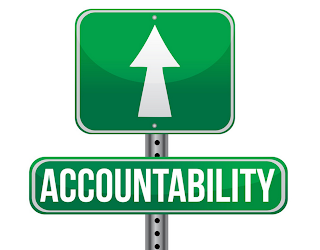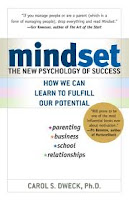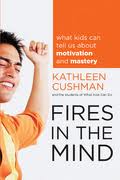Dan French recently shared this wonderful tweet that really got me thinking:
School readiness should be about schools being ready for students not students being ready for school. #vted
— Dan French (@danfrench) July 21, 2015
This really got me thinking because we spend so much time telling kids they need to do this or they need to do that so they can be successful in school. We project this mentality that if kids aren't prepared to experience this and aren't able handle that, they're doomed to fail.
We inadvertently transfer the pressure and accountability onto our kids and all the while, we tend to forget that they are just that... kids living in a rapidly changing world.
We also, somewhat arrogantly, assume we know exactly what is best for kids and know exactly what they need to do to be successful in life.
But, what if it were reversed and schools spent their time ensuring schools were ready for what kids were bringing to the table...?
What if kids started talking to schools about what schools needed to do to be prepared for them...?
What if schools were feeling the pressure from students rather than the other way around?
 We know life and the world around us are changing more quickly than ever before. And, it's these kids who come to our schools wanting, needing and DESERVING a system that's ready for them and is able to meet their needs.
We know life and the world around us are changing more quickly than ever before. And, it's these kids who come to our schools wanting, needing and DESERVING a system that's ready for them and is able to meet their needs.And as a new parent and educator, I have no idea what my son Emory will need in 5 years when he starts his formal schooling... but I hope at least someone will ask him and consider what it means to be ready for him.
So, the next time you get together with your colleagues, focus on ensuring your school and/or classroom are ready for kids and not the other way around.
Maybe the conversation will be the same... maybe it will be completely different. :)





